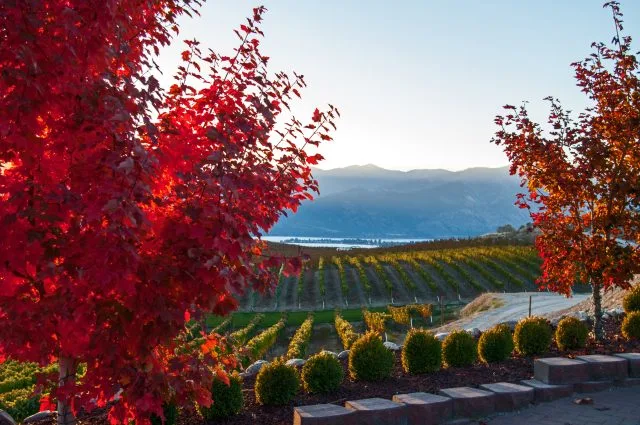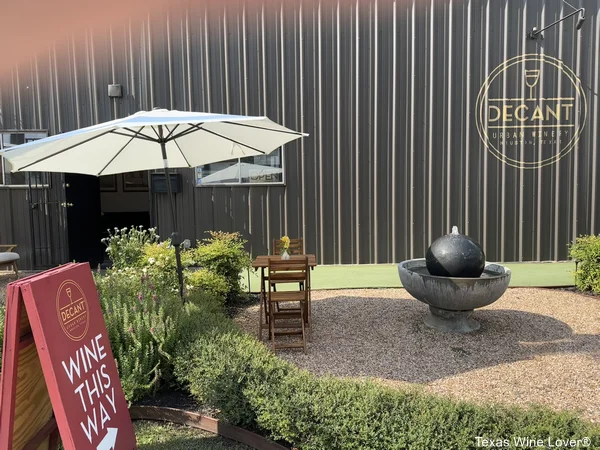One of the romantic notions that can connect drinkers to a given bottle of wine is the idea that said wine is the product of generations of labor, a plot of land, and a winemaking ethos passed down through the generations to the current standard bearer. It’s widespread throughout Europe, where family-owned wineries can easily date back several centuries, if not further, yet it’s still a rarity here in America, where relatively few wineries are more than a few decades old.
Complicating things further is the fact that Americans just don’t really work the same kinds of jobs as their parents, certainly not in great numbers and over multiple generations, per survey data from both the General Social Survey and private sources like Meta. For first-generation winery owners, this creates an interesting challenge as they near the end of their working lives: Is passing a winery down to their children the right move, especially when other succession possibilities might exist? For the next generation, the decision to follow in parental footsteps is a complicated one as well, requiring a degree of commitment uncommon in the modern job landscape, as is navigating the ongoing relationship with the elder generation.
Making the Plan
For Healdsburg’s Ramey Wine Cellars, a strong purchase offer accelerated the timetable for the next generation to make their decision. “Right before Covid, a major Champagne house, after looking at a lot of wineries, they wanted to buy us,” says David Ramey, who with his wife Carla founded the






